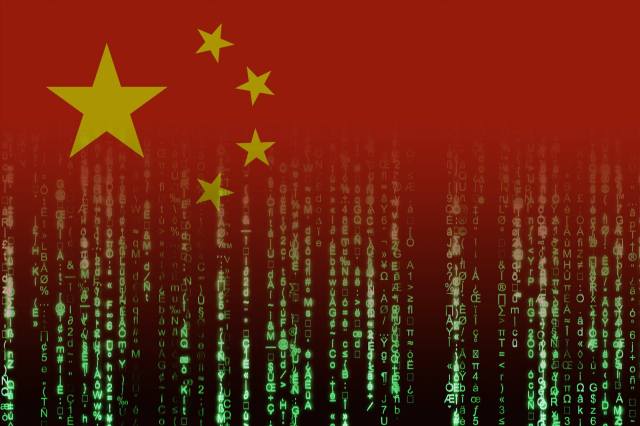
Earlier this week Nigel Cameron wrote about China’s increasingly competitive position in the space race. The Chinese are currently well-placed to beat the Americans to Mars – a possibility that is many decades away, but which would humble the West.
Less understood is China’s technological prowess at the opposite end of the scale: the sub-atomic world.
When things get very, very small, the laws of physics as we normally experience them give way to the weirdness of quantum mechanics – whose strange properties, if fully harnessed, would create game-changing new technologies.
As Ryan Kenny explains in a briefing for Foreign Policy, there are huge strategic advantages to be had from establishing a lead in quantum tech:
“Quantum technologies are those that make use of some of the properties of quantum mechanics. Features such as quantum entanglement, quantum superposition, and quantum tunneling can be applied in new forms of computation, sensing, and cryptography. Many are convinced that whoever masters this esoteric field will gain a similar dominance both in codebreaking and advanced sensors. These advantages will tip scales both in the ongoing cyber war being carried out daily over the global internet and in future state-on-state combat.”
Kenny isn’t talking about a mere technological edge here. Rather, quantum tech has the potential to overturn fundamental assumptions about what is and isn’t technologically feasible.
For instance, current encryption methods make it all but impossible to decode encrypted communications. If that were to change the military and commercial implications would be enormous:
“Today, communication networks pass digital information over public infrastructures, such as fiber optic pathways and wireless airwaves… The only thing stopping eavesdroppers from decrypting this traffic is the mathematical complexity of doing so.”
Quantum computers operate on a fundamentally different basis than conventional computers. Not being bound by the same physical limits, they could in theory crack codes that were previously uncrackable. Just how this might work is beyond the comprehension of all but a tiny number of specialists, but anyone familiar with the story of Enigma in the Second World War will appreciate the importance of being able to read the enemy’s signals.
The Chinese government is putting $10 billion into establishing the world biggest quantum research facility. The National Laboratory for Quantum Information Sciences is due to open in 2o2o and will firmly establish China as the leader in the field. Ryan Kenny, a major in the US army signal corps, says this “should raise alarms.”
Quantum tech, reports Foreign Affairs, can also be used to protect communications:
“The extreme sensitivity of quantum technologies enables them to detect anomalies such as when an eavesdropper attempts to copy or siphon off data. China has already tested a 2,000km long quantum communication pathway from Beijing to Shanghai that employs this powerful new means of detecting man-in-the-middle eavesdroppers.”
The ability of quantum tech to detect the smallest changes has other important applications:
“China claims that it has already created a new form of quantum radar capable of defeating the electromagnetic stealth technologies employed in the $1 trillion F-35 program. This would render much of the strategic investments sunk into this platform tragically outdated and call into question the future viability of this already controversial program.”
Exactly how much progress the Chinese have made on these technologies is uncertain, and it’s in their interest to keep their rivals guessing. However, from time-to-time, we in the West would do well to remember that there’s nothing guaranteed about our technological superiority.
While our foremost tech companies compete to beguile us with digital diversions, other countries are busy changing the real world.










Join the discussion
Join like minded readers that support our journalism by becoming a paid subscriber
To join the discussion in the comments, become a paid subscriber.
Join like minded readers that support our journalism, read unlimited articles and enjoy other subscriber-only benefits.
Subscribe